$820m added to critical Budget items
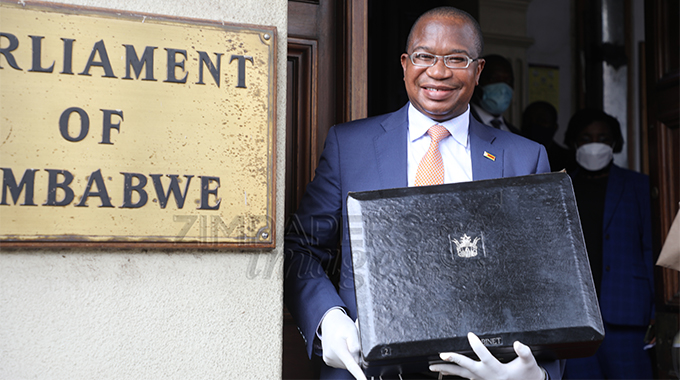
Zvamaida Murwira
Senior Reporter
An extra $820 million has been added to some items in the $421,6 billion 2021 National Budget to cover critical funding gaps identified by Parliament.
Finance and Economic Development Minister Professor Mthuli Ncube stressed the extra would come from the unallocated reserve and savings on other items.
This is the first time Parliament has pushed through changes to a budget, rather than just rubber-stamping the original statement after comment. The current economic stability has been built on rigid fiscal discipline, with spending matching revenues, hence the minister having to explain how he would fund higher spending on some items.
Prof Ncube made the adjustments last week in the National Assembly through amendments to the Appropriation Bill, which fixes the detailed spending programme of the Government and must be approved line by line by Parliament, after several portfolio committees and legislators raised concern on underfunding of critical activities.
The Zimbabwe School Examinations Council (Zimsec) was the biggest beneficiary of the extra, receiving another $250 million making its total budget vote $750 million. The Auditor General’s office, which audits all Government spending and is critical in curbing corruption, was allocated another $150 million. Vocational training centres, critical to boost local development across the country, were allocated another $100 million to upgrade facilities.
After major intervention from the education committee, another $100 million was allocated towards sanitary wear for schoolgirls, taking the total grant to $600 million. ZBC was allocated another $70 million and $20 million was added for Tripartite Negotiating Forum.
The Minister moved the amendments to the Appropriations Bill after a protracted debate that in some days lasted into the early morning of the following day.
The portfolio committees have all been meeting since Prof Ncube made his budget statement last month, going into the details of the budgets for the ministries within their ambits and summoning permanent secretaries and other officials.
Each committee is a fairly small group of backbenchers from both Government and Opposition ranks, with the chairpersons spread across the divide. As members acquire expertise on the subjects and ministries they monitor, and since the general policy is to hammer out final reports by consensus rather than partisan voting, the influence and importance of the committees has been growing, increasing effective legislative oversight of the executive.
The committees all found that ministry bids had been far higher than the global totals they were eventually given to divide among the areas they ran, but several thought that the necessary paring of expenditure to fit the revenues raised by taxation, so to ensure that hard-won fiscal discipline was maintained, had gone to extremes. It was these interventions that caused the minister to adjust some allocations, and explain how he would fund them without breaking his overall budget.
Moving the amendment, Prof Ncube said: “I now propose that additional allocations to specific vote items be made as indicated in the table included here. The additional resources to respective items amount to $820 million. Those will be funded through re-allocations within the budget as well as through the Unallocated Reserve under Treasury.”
But during debate, some of those who expressed reservations include portfolio committee chairperson on education, Ms Priscilla Misihairabwi-Mushonga, who despite acknowledging improvement on education funding, felt more needed to be done particularly on zimsec and on helping teenage girls attend school.
Prof Ncube obliged by raising the $500 million he had allocated on sanitary wear to $600 million, to help more girls.
He added that he had further authorised the immediate release of $10 million to ZBC to upgrade its Pockets Hill studios and $500 000 would be equally released immediately for buying equipment such as cameras and microphones.

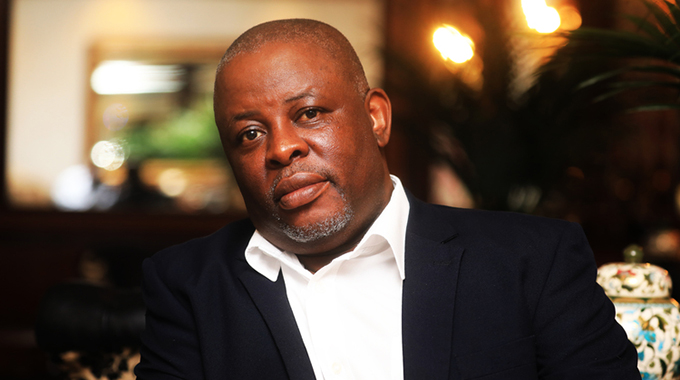
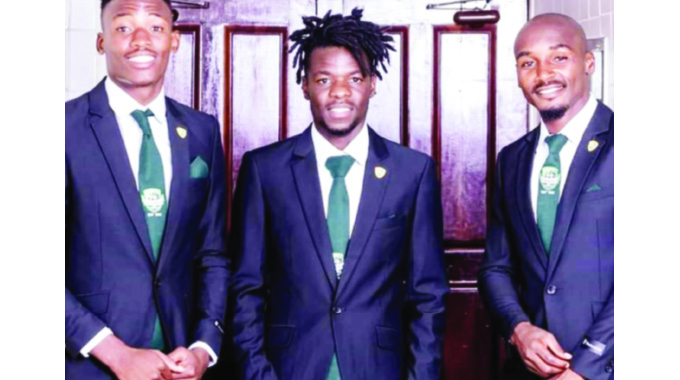
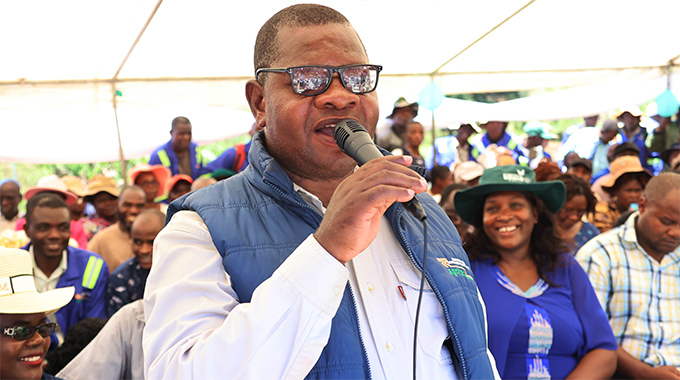
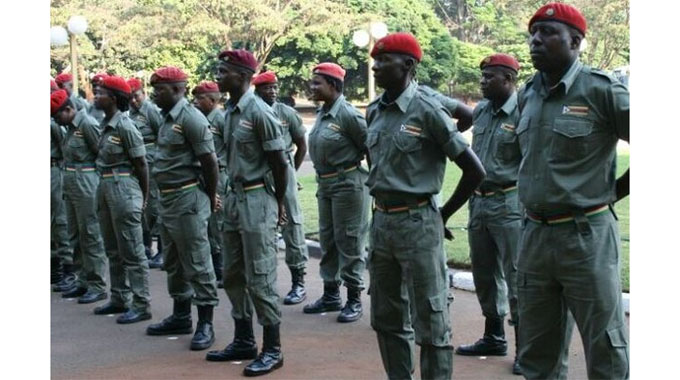
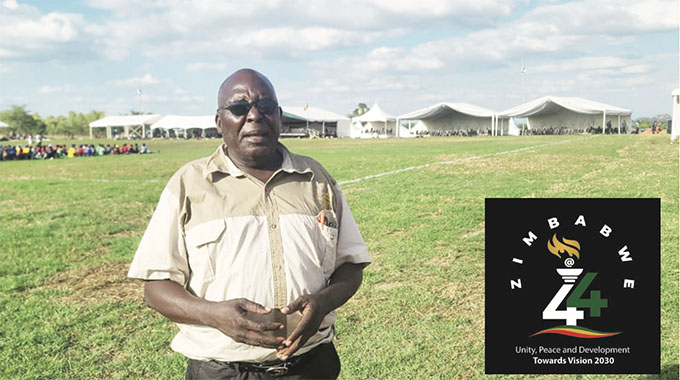

Comments